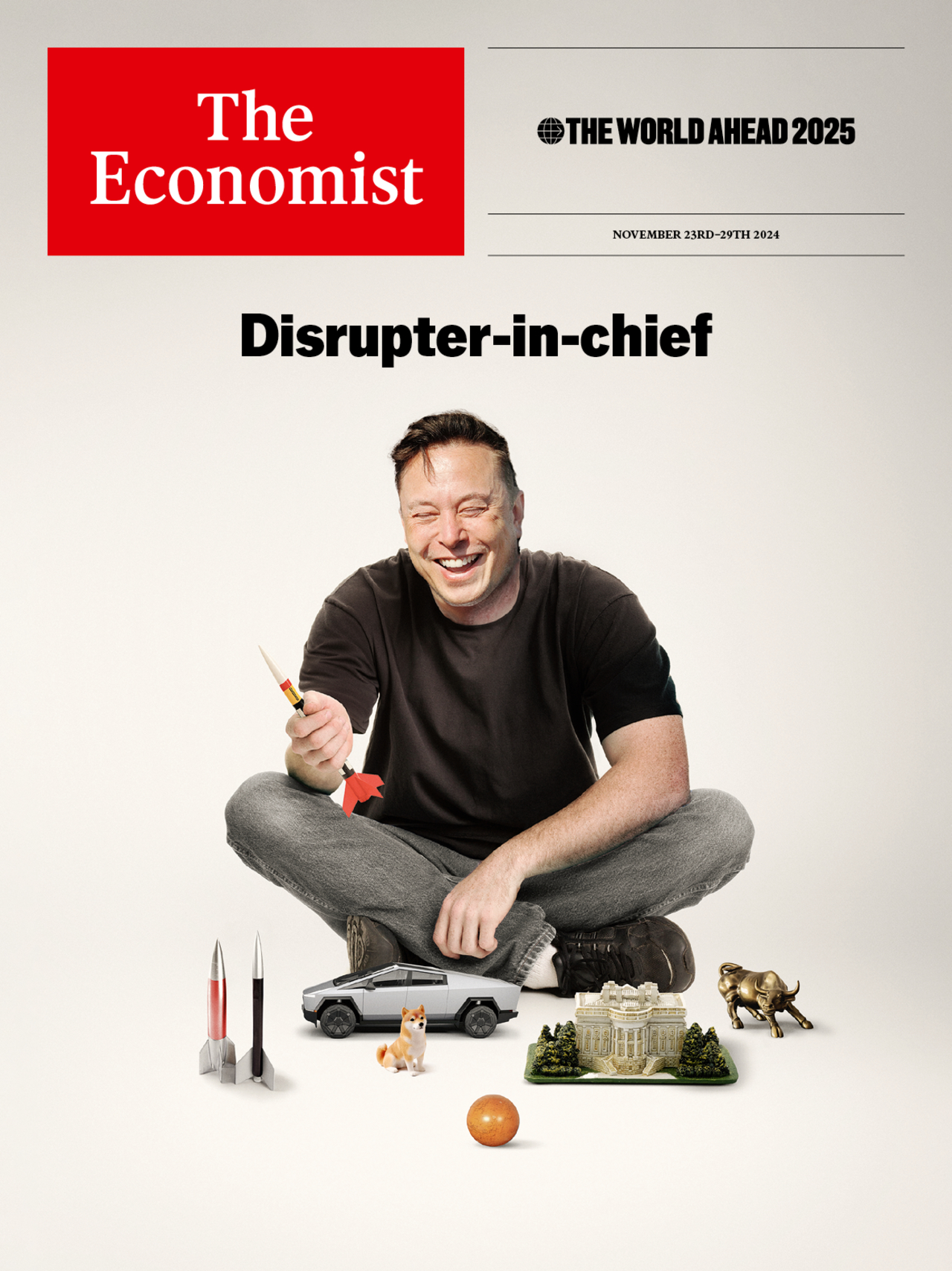The recent deployment of facial recognition software at the Mall of America in Minnesota has sparked concerns about privacy and data retention. The technology, which captures faces and matches them against a database of individuals of interest, has been hailed as a necessary security measure by some, but has also raised questions about its potential impact on civil liberties.
According to Sen. Eric Lucero, a Republican from St. Michael, the state legislature should implement a temporary ban on the technology until more safeguards are in place. He has introduced bills tackling artificial intelligence and emerging technology, including one that prohibits the use of ‘deepfakes’ to influence elections.
However, Dr. Manjeet Rege, director of the Center for Applied Artificial Intelligence at the University of St. Thomas, believes that the technology can be a useful tool in enhancing security, as long as it is used responsibly. He notes that facial recognition is already widely used in airports, social media, and other areas, and that the Mall of America’s implementation is a positive step towards using AI for good.
Meanwhile, the FBI is working to gain access to the cellphone of Thomas Matthew Crooks, who was involved in a shooting at a Trump rally in Pennsylvania. The agency is trying to unlock the phone, which is believed to contain information about the shooter’s motives and potential connections. However, the process is complicated by modern technology, which has made it increasingly difficult to access encrypted devices without the help of foreign adversaries or nation-state actors.
As technology continues to evolve, it is clear that there will be ongoing debates about its impact on our lives and our privacy. While it has the potential to enhance security and improve our lives, it also raises important questions about our rights and freedoms.
Facial recognition technology is becoming increasingly prevalent in our lives.
In the case of the Mall of America, it is clear that the implementation of facial recognition software is a complex issue that requires careful consideration. While it may have benefits in terms of security, it also raises important questions about privacy and data retention.
Mall of America is one of the largest malls in the United States.
The issue of access to encrypted devices is also a pressing concern, as it highlights the tension between national security and individual privacy. As technology continues to evolve, it is clear that these debates will only continue to intensify.
Encryption is becoming increasingly important in our digital lives.
Ultimately, it is up to us as individuals to stay informed about the implications of emerging technology and to demand that our governments and institutions prioritize our rights and freedoms.
Privacy is a fundamental right that must be protected in our digital age.


 Photo by
Photo by 











